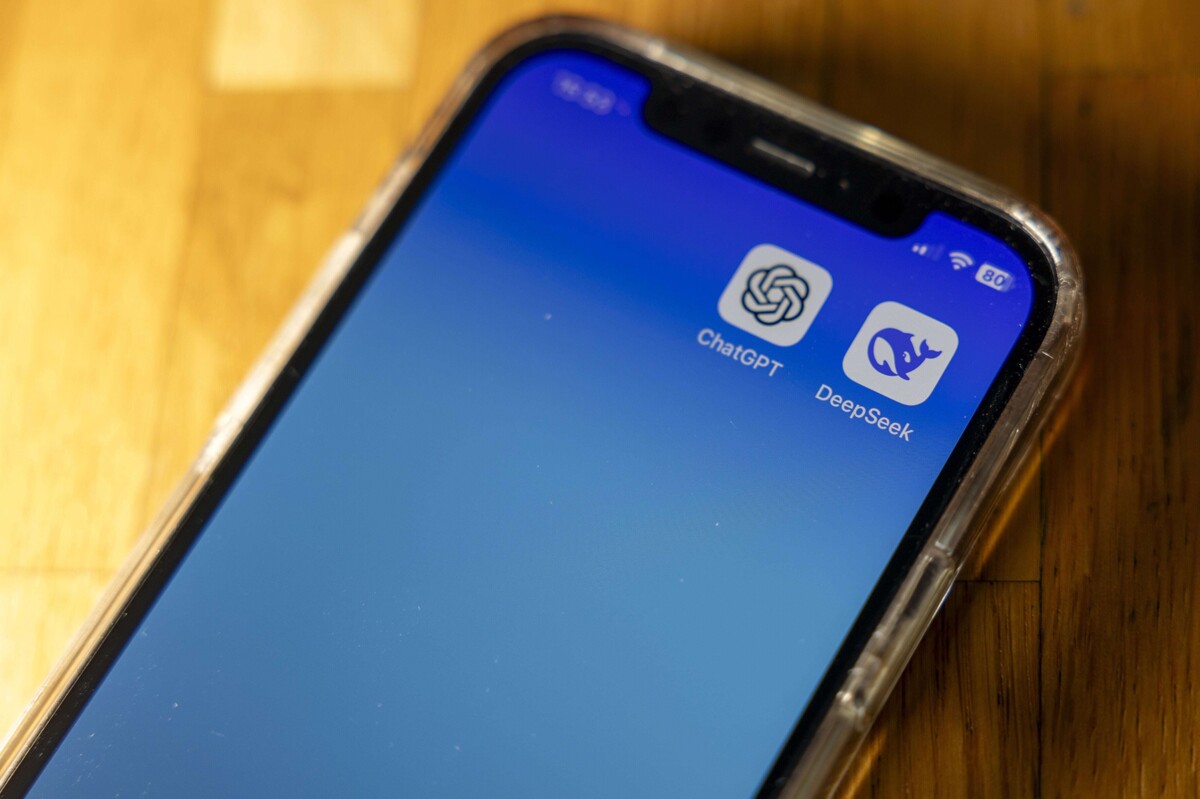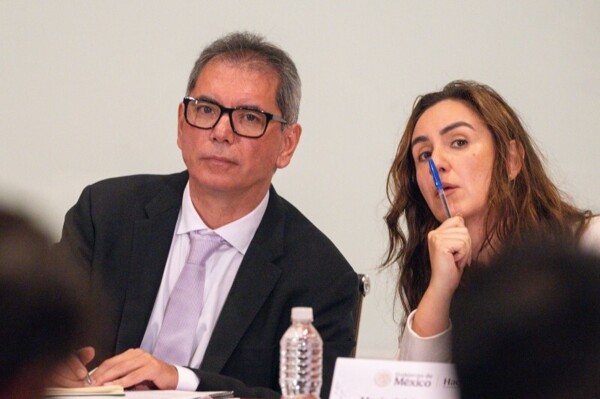
Artificial Intelligence in education raises the debate about whether it is a threat or an opportunity. Often, new technologies generate fear due to their impact on traditional learning methods. However, it is essential to dare to experiment with AI and discover the advantages it can offer in the educational field.
The CEO of E1, creator of ARTI, points out that AI does not replace learning but enhances it. In a project-based educational environment, AI can be an ally to help students discover new perspectives, collaborate with their peers, and connect with their teachers in co-creation processes.
It is essential to understand that AI is not the problem in itself, but how we choose to use it. Instead of focusing on memorizing answers, AI encourages us to develop critical thinking and creativity. This technology can visually explain processes, show options, and challenge students to think of diverse solutions.
The education of the future moves away from memorization to delve into understanding the world in an innovative way. Generative AI not only automates tasks but also enhances creativity. By allowing machines to perform mechanical work, time is freed up in schools for fundamental aspects such as coexistence and collective learning.
It is crucial to design responsible tools to ensure that learning is inclusive, accessible, and exciting. AI in education promotes a constant exploration approach and provides the opportunity to dedicate more time to meaningful activities. Beyond the initial fear, it is essential to harness the potential of AI to learn, create, and connect in a constantly evolving world.














